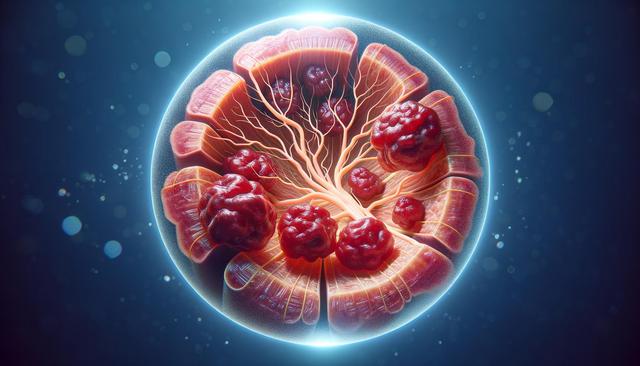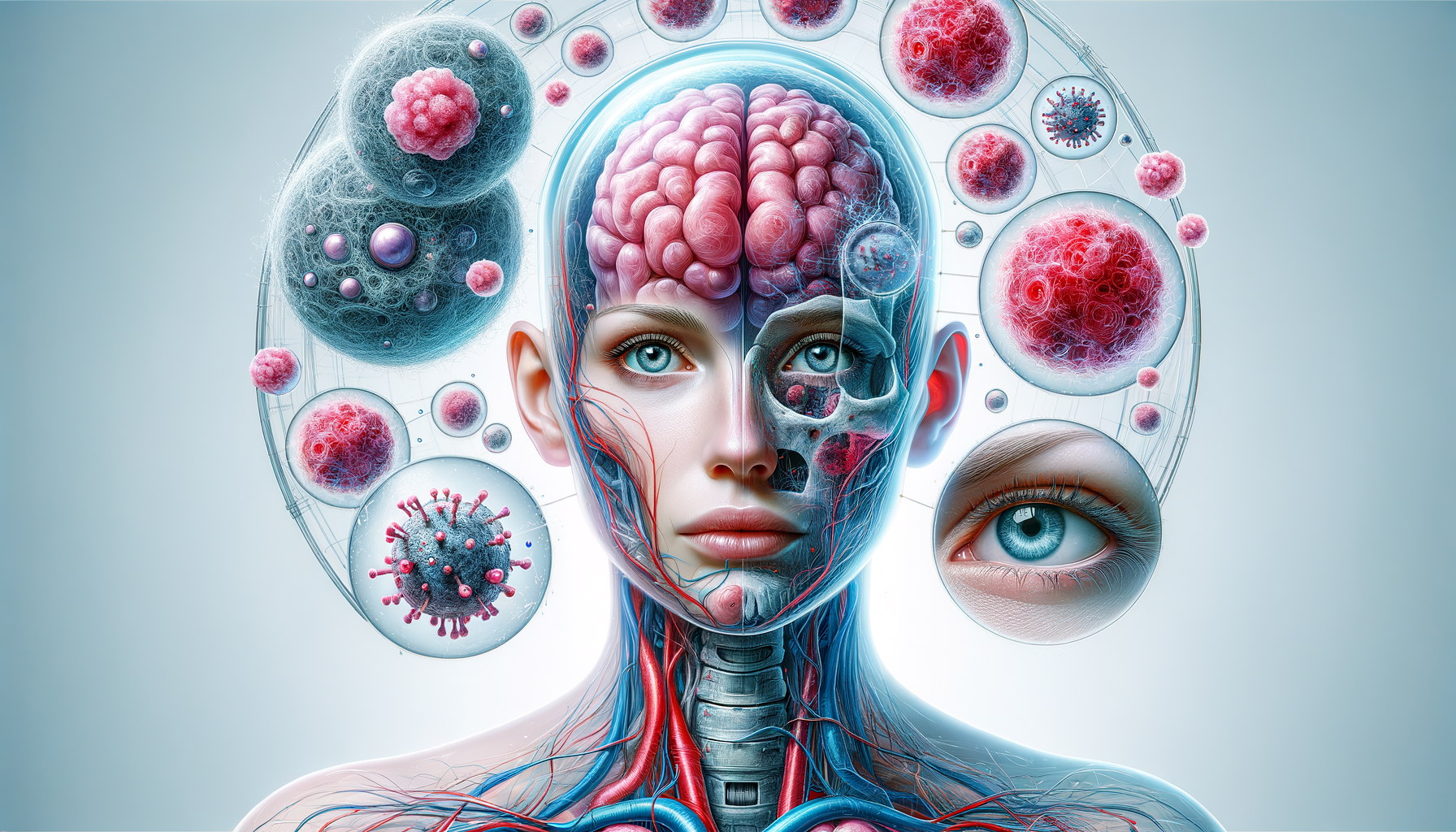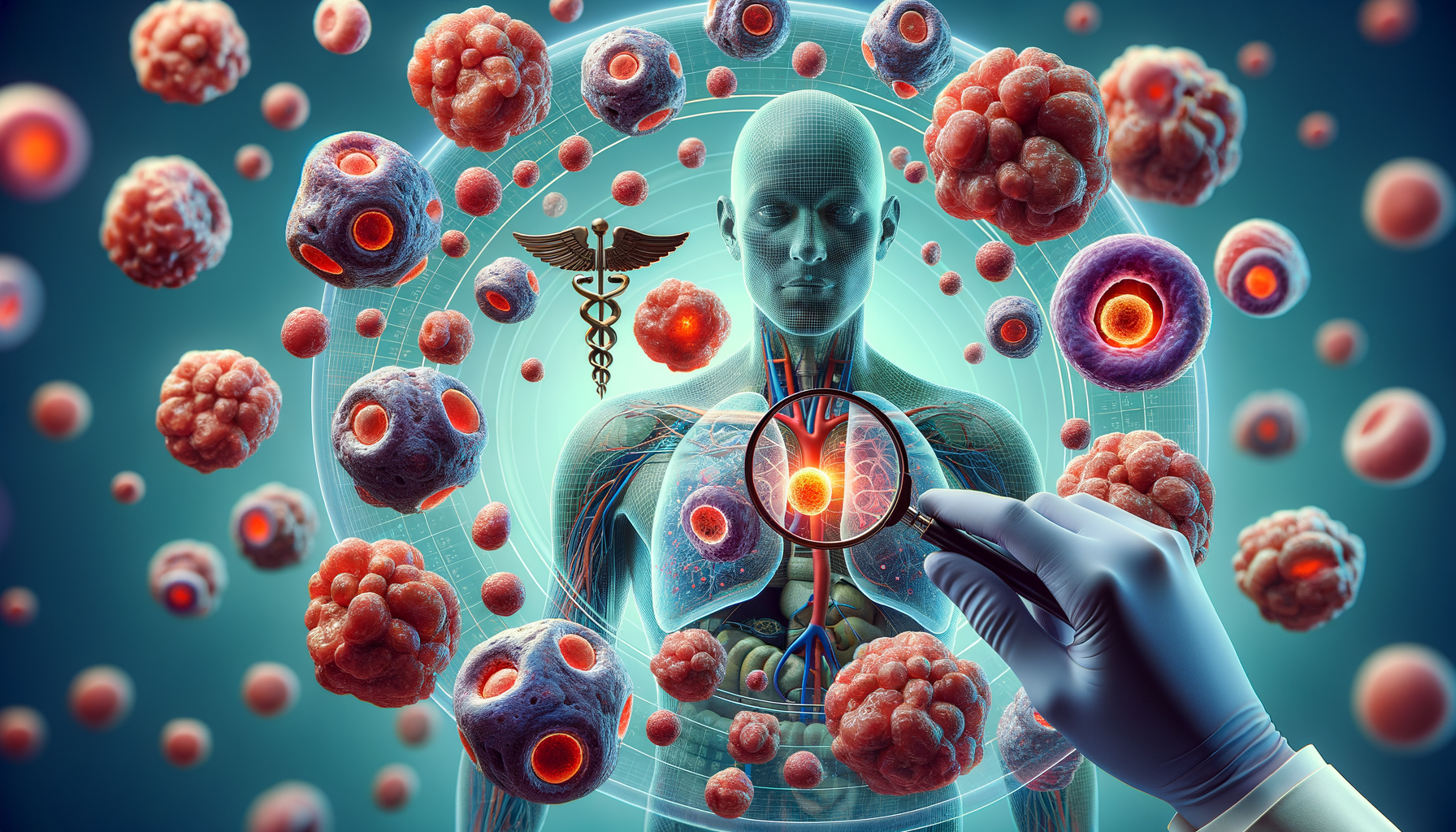Understanding Hemorrhoids: Causes and Symptoms
Hemorrhoids, also known as piles, are swollen veins in the lower rectum or anus. They can be internal (inside the rectum) or external (under the skin around the anus). Common causes include straining during bowel movements, chronic constipation or diarrhea, a low-fiber diet, prolonged sitting, and pregnancy. Recognizing the early signs can make hemorrhoid treatment more effective. Symptoms may include itching, discomfort, pain during bowel movements, and bleeding or swollen hemorrhoids. While not usually dangerous, these symptoms can impact daily life if left unmanaged.
Understanding what triggers hemorrhoids is key to both treatment and prevention. Lifestyle factors such as prolonged sitting, especially on the toilet, or lifting heavy objects frequently can increase the risk. Additionally, a sedentary lifestyle and insufficient water intake can contribute to constipation, which in turn leads to straining—a major contributor to hemorrhoids.
Medical Hemorrhoid Treatment Options
For individuals dealing with persistent or severe symptoms, medical treatments can provide significant hemorrhoid relief. Over-the-counter creams and ointments containing hydrocortisone or witch hazel can reduce inflammation and itching. In some cases, physicians may recommend suppositories to target internal hemorrhoids more directly. These treatments are designed to ease pain and promote healing but are typically recommended for short-term use.
In more advanced cases, medical procedures may be necessary. These include:
- Rubber band ligation: A small rubber band is placed around the hemorrhoid to cut off its blood supply, causing it to fall off.
- Sclerotherapy: A chemical solution is injected to shrink the hemorrhoid.
- Infrared coagulation: Heat is used to cut off the blood supply to the hemorrhoid.
Surgical options, such as hemorrhoidectomy or stapled hemorrhoidopexy, are reserved for severe or recurring cases. These procedures are typically effective but may require more recovery time.
Natural Remedies for Hemorrhoids
Many individuals seek natural remedies for hemorrhoids to avoid side effects or support medical treatment. These approaches often focus on reducing inflammation and improving bowel health. One of the most accessible strategies is increasing dietary fiber through fruits, vegetables, and whole grains. Fiber softens stools and promotes regular bowel movements, reducing the need to strain.
Other natural remedies include:
- Sitz baths: Sitting in warm water for 10–15 minutes several times a day can soothe irritation.
- Aloe vera: Known for its anti-inflammatory properties, aloe vera gel may be applied externally to ease discomfort.
- Cold compresses: Applying ice packs can reduce swelling and numb the area temporarily.
- Witch hazel: This plant extract, often found in pads or liquid form, may help relieve itching and pain.
While natural remedies can be effective, they should be used consistently and as part of a broader lifestyle approach to manage symptoms.
How to Get Rid of Hemorrhoids Through Lifestyle Changes
Adopting healthy lifestyle habits is essential for both managing and preventing hemorrhoids. Many cases improve significantly with simple but consistent adjustments. The foundation of these changes includes a balanced diet rich in fiber and proper hydration. Drinking plenty of water—at least 8 glasses a day—helps keep stools soft and easier to pass, which reduces strain during bowel movements.
Other beneficial habits include:
- Avoiding prolonged sitting, especially on the toilet.
- Exercising regularly to stimulate bowel function.
- Responding promptly to the urge to have a bowel movement.
- Using a footstool to elevate the feet during bowel movements, which can reduce strain.
These preventive steps are not only helpful in reducing the frequency of flare-ups but also support overall digestive health. For those with recurring issues, maintaining a hemorrhoid-friendly lifestyle can be one of the most effective long-term strategies.
When to Seek Professional Help
While many cases of hemorrhoids can be managed at home, some situations warrant medical attention. If you experience persistent pain, significant bleeding, or symptoms that do not improve with over-the-counter or natural remedies, it’s advisable to consult a healthcare provider. Bleeding or swollen hemorrhoids that persist could be a sign of more serious conditions such as anal fissures or colorectal issues, which require accurate diagnosis and targeted treatment.
Medical professionals can offer tailored hemorrhoid treatment plans based on the severity and type of hemorrhoids. They may also conduct examinations to rule out other causes of rectal bleeding. Early intervention can prevent complications and reduce recovery time, making it easier to get back to daily routines.
Don’t ignore symptoms that disrupt your quality of life. Seeking guidance from a qualified provider ensures you receive appropriate care and helps you understand how to get rid of hemorrhoids in a safe and effective manner.
Conclusion: Managing Hemorrhoids with Confidence
Hemorrhoids are a common condition that can often be managed effectively with the right combination of treatments and lifestyle changes. Whether you choose natural remedies for hemorrhoids, over-the-counter solutions, or medical procedures, the goal is to reduce discomfort and prevent recurrence. Understanding the causes and symptoms helps in choosing a suitable hemorrhoid treatment and knowing when to seek professional care.
By staying proactive with diet, hydration, and healthy habits, you can significantly reduce the likelihood of developing bleeding or swollen hemorrhoids. If symptoms persist, don’t hesitate to consult a healthcare professional for a personalized treatment plan. With consistent care, relief is achievable and long-term management becomes more manageable.




Leave a Reply